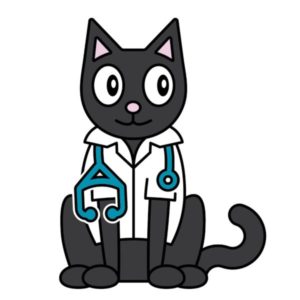Which Doctor is “The” Doctor?
Previously, the only health care provider who possessed a doctorate degree was the physician. However, with the rise in educational standards across the United States, many health care professionals now must earn doctorates in their field before even beginning their careers.




